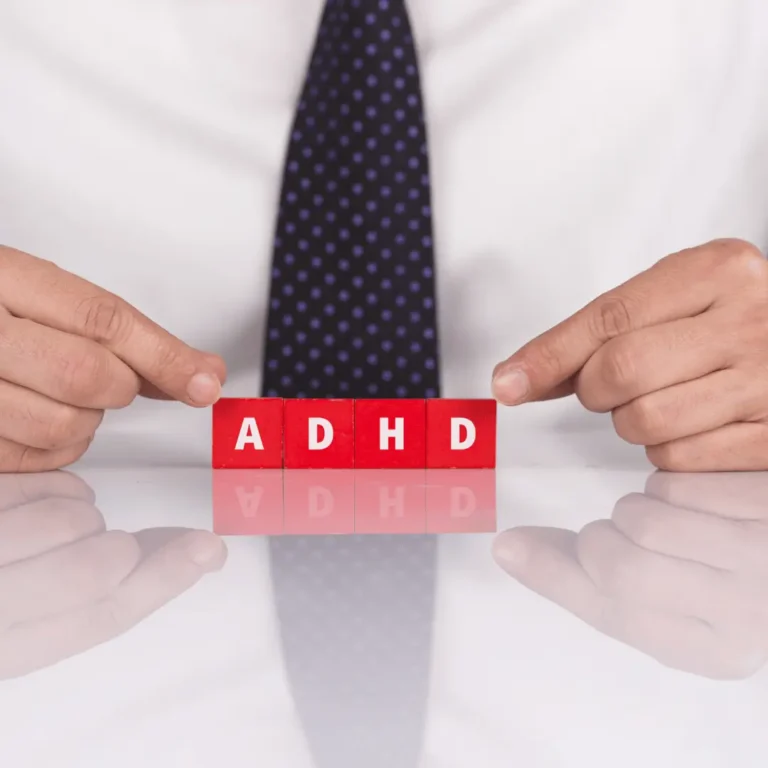Are you Struggling with Anxiety
Research has consistently shown that the stress and anxiety caused by the pandemic has had a negative impact on mental health. The Anxiety and Depression Association of America (ADAA) determined that the most common mental illness in the U.S. are anxiety disorders. Additionally, those suffering with an anxiety disorder are three to five times more likely to go to the doctor and six times more likely to be hospitalized. Anxiety disorders are highly treatable, yet only 36.9% of those suffering receive treat-ment. So how does one know whether his/her anxiety is normal “worry,” or if if is an anxiety disorder? This is a reasonable question and one that is being asked more fre-quently now.
Distinguishing the difference between regular stress and an anxiety disorder is not al-ways simple. Worrying is a normal reaction to a stressful or fearful event. For example, if you are worried about a presentation at work, meeting a deadline, etc., that’s a nor-mal worry that can create some mild anxiety and typically that feeling passes after the task has been accomplished. However, when anxiety grows so intense that it impacts an area of your daily functioning, that’s cause for concern. Our life is generally com-prised of eight areas: friendships, family, spirituality, career, finances, relationship, health and “me time.” If any of these areas are being impacted, then it may be time to reach out to a therapist.
Anxiety disorders typically come from a perceived threat rather than an immediate threat and is often intense and relentless. Those feelings can be overwhelming and consuming . Many clients report a disruption in sleep due to their anxiety. It’s normal to have difficulty falling asleep from time to time, but when you find yourself laying awake at night with an endless loop of “what if” scenarios about your life , finances, relation-ships, etc., this may also be a sign that your anxiety is impacting you! Keep in mind, sleep is essential for optimal emotional health. Too much anxiety can also result in physiological symptoms, such as stomach distress, fatigue, headaches and can also compromise the immune system. In addition, if you find yourself having difficulty con-centrating and/or making decisions, anxiety may be the culprit. Lastly, if you are expe-riencing symptoms such as a racing heart, shortness of breath, dizziness, tingling or even sweating, you may be experiencing panic attacks as a result of emotional over-load.
If anxious thoughts and feelings are impacting your productivity and balance in your life, cognitive behavioral therapy (CBT) can help. We at McNulty Counseling and Wellness are passionate about the latest research and techniques to assist you in alle-viating your anxiety. We have now have three counseling locations to serve you: St. Petersburg, Sarasota and Tampa! With the proper tools and techniques you can re-store your life to an optimal emotional level and be in control of your anxiety without your anxiety controlling you.







